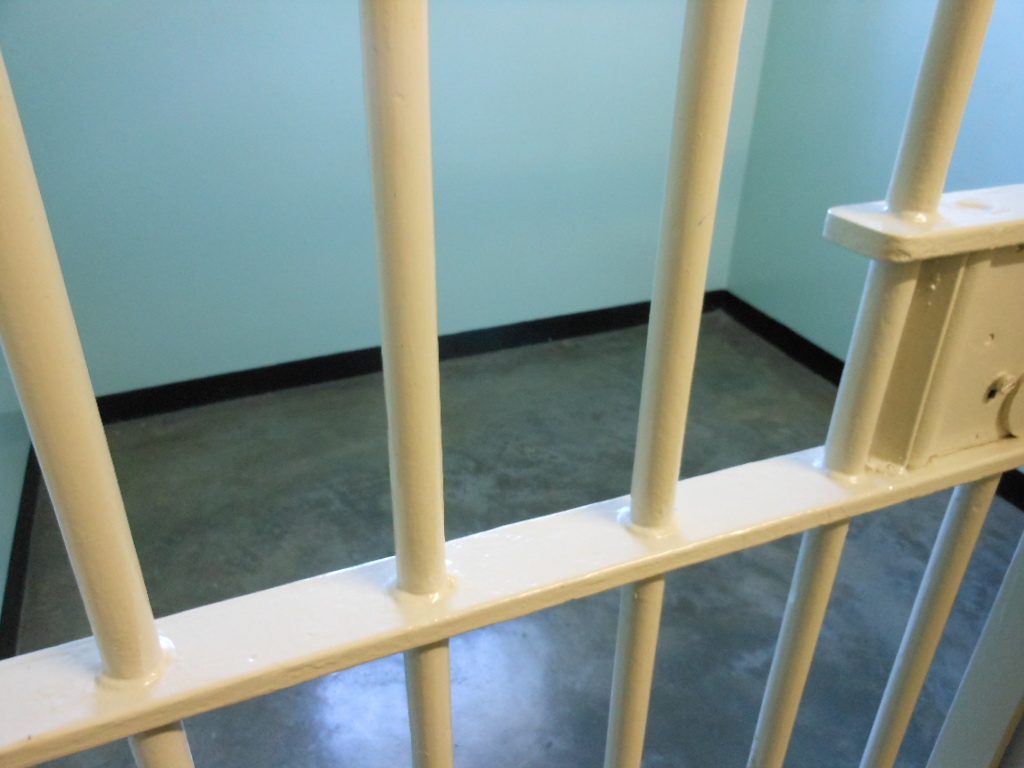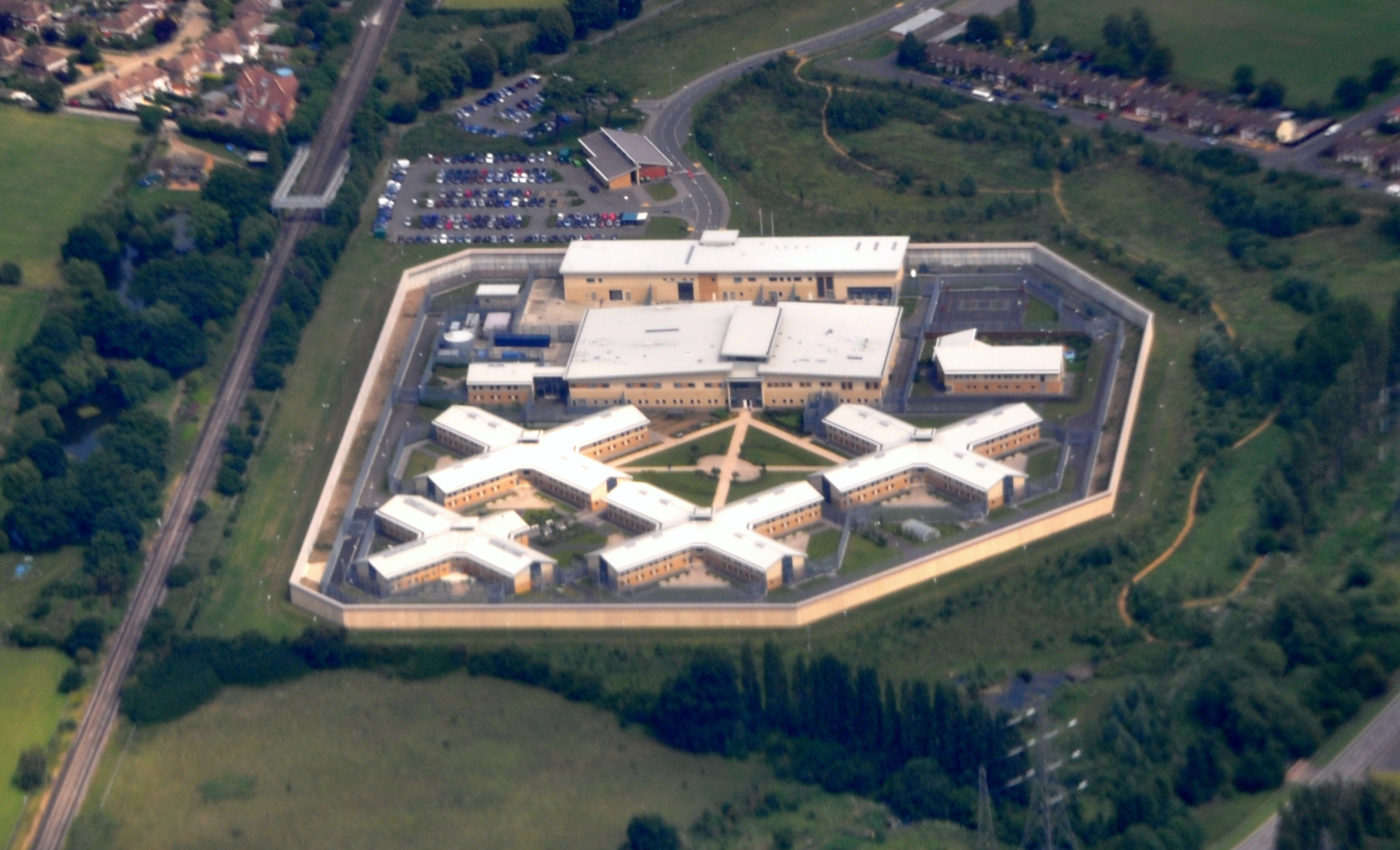NHS trusts must ensure that pregnant inmates in prisons across the country are cared for by specialist midwives, the Royal College of Midwives (RCM) has urged.
The union is also calling on judges not to sentence offenders until it is confirmed whether or not they are pregnant and a report has been produced on what impact a prison term would have on their caring responsibilities.
These recommendations are among dozens contained in a report published on Tuesday (12 November), which seeks to ensure that women in prison receive the same level of maternity care as those outside.
It comes weeks after a newborn died after its mother gave birth along in Britain’s largest female prison.
Eleven separate investigations are now being carried out to determine what happened that evening at the privately run HMP Bronzefield in Surrey – including two police investigations and an NHS clinic review.
Gill Walton, chief executive and general secretary from the RCM, said: “The RCM believes all women in prison or custody must have equal maternity care to those women on the outside. What we need to see is women’s prisons working with their local NHS Trust’s and health-boards to facilitate specialist midwifery care for pregnant women.”
The RCM has endorses a model employed at HMP Low Newton in County Durham, known as “the Perinatal Pathway”, where midwives are the lead coordinators of care in prisons. It ensures a specialist prison midwife – with substantial protected time which totals 30 hours a week – leads the care for all pregnant women and new mothers for up to a year after they have given birth.

Image credit: Wikimedia Commons
Walton added: “Women in prison are some of the most vulnerable in our society and that is why continuity of midwifery care is so important for women detained in in the criminal justice system because it has the ability to improve maternal and neonatal outcomes.”
The union argues that perinatal women offenders should, as a priority, be diverted to specialist services or community sentencing, wherever possible. While it’s also “crucial” judges and magistrates fully understand the impact of any proposed sentence, it added.
To this end, the RCM’s recommends all judges and magistrates to receive training on infant-maternal health and the importance of the first 1,001 days of child development.
The numbers of pregnant women and babies in prison are not currently recorded, and nor is what happens to them. The RCM has, however, joined calls from the Joint Human Rights Committee to request that this is urgently changed.
Read the RCM full list of recommendations here.







